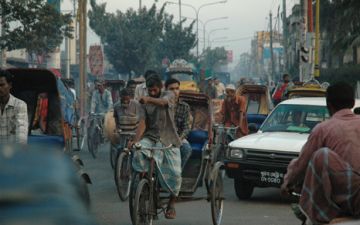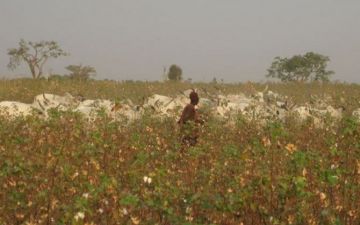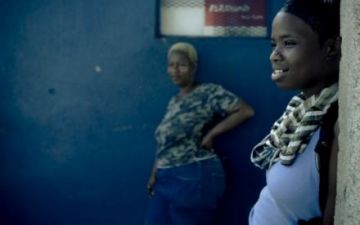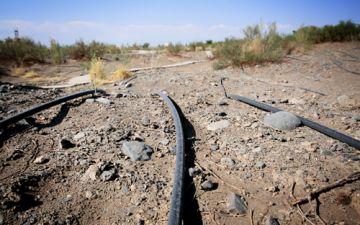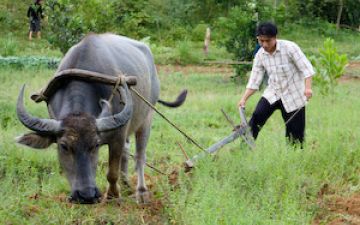Guatemala: Behind the Famine
Last month, Guatemalan President Alvaro Colom declared a “state of calamity” as Guatemala experiences the worst drought in 70 years. Approximately half of the population lives below the poverty line and 50 percent of children are suffering from chronic malnutrition. But these are only the surface casualties of a vulnerable nation ravaged by 36 years of civil war, genocide and now, the encroaching drug war spilling over from the northern border with Mexico.

